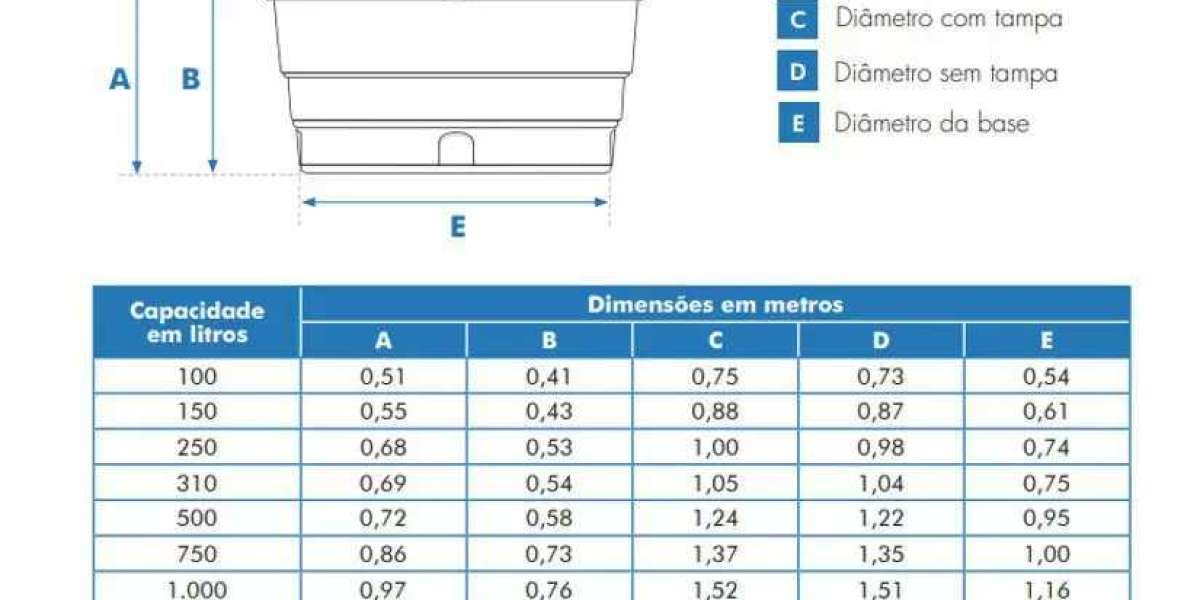NHS FPX 6004 Assessment 1: Dashboard Metrics Evaluation
Objective: Evaluate and analyze the effectiveness NHS FPX 6004 Assessment 1 Dashboard Metrics Evaluation of a dashboard used for monitoring key performance metrics within the NHS framework.
Key Components:
- Dashboard Overview:Describe the purpose and features of the dashboard, including the metrics it tracks.
- Metrics Analysis:Assess the relevance, accuracy, and usefulness of the metrics displayed. Consider how well they align with organizational goals.
- Data Interpretation:Analyze the data presented on the dashboard to identify trends, strengths, and areas for improvement.
- Recommendations:Provide suggestions for enhancing the dashboard’s design or functionality to improve data visibility and decision-making.
Purpose: To ensure that the dashboard effectively supports data-driven decision-making and performance monitoring within the NHS by evaluating its design and the relevance of the metrics it displays.
2. NHS FPX 6004 Assessment 3: Training Session for Policy Implementation
Objective: Design and deliver a training session aimed at implementing a new policy within the NHS organization.
Key Components:
- Training Objectives:Define clear goals for the training session, including NHS FPX 6004 Assessment 3 Training Session for Policy Implementation what participants need to learn and accomplish.
- Content Development:Create training materials that cover the new policy’s key aspects, including its purpose, procedures, and implications.
- Delivery Method:Choose an effective method for delivering the training, such as workshops, webinars, or interactive sessions.
- Evaluation:Develop a plan for assessing the effectiveness of the training, including participant feedback and understanding of the policy.
Purpose: To ensure that staff are well-informed and prepared to implement a new policy effectively, improving compliance and organizational alignment with policy changes.
3. MBA FPX 5006 Assessment 1: Strategic Process and Analysis
Objective: Analyze and evaluate the strategic processes within an organization to understand their effectiveness and alignment with business goals.
Key Components:
- Strategic Analysis:Assess the current strategic processes, including planning, execution, and monitoring.
- SWOT Analysis:Conduct a SWOT analysis to identify strengths, weaknesses, opportunities, and threats related to the strategic processes.
- Process Evaluation:Evaluate the effectiveness of the strategic processes in achieving organizational objectives.
- Recommendations:Provide recommendations for improving strategic MBA FPX 5006 Assessment 1 Strategic Process and Analysis processes to enhance overall business performance.
Purpose: To gain insights into the effectiveness of strategic processes and identify areas for improvement to align with business goals and enhance organizational performance.
4. MBA FPX 5006 Assessment 2: Business Strategy
Objective: Develop and articulate a comprehensive business strategy for an organization, considering internal and external factors.
Key Components:
- Strategy Development:Outline the key components of the business strategy, including vision, mission, goals, and strategic initiatives.
- Market Analysis:Conduct an analysis of the market environment, including competitor analysis and industry trends.
- Strategic Objectives:Define clear, actionable objectives that align with the organization’s overall goals.
- Implementation Plan:Develop a plan for implementing the business strategy, including timelines, resources, and key performance indicators.
Purpose: To create a well-defined business strategy that guides the organization towards achieving its goals and responding effectively to market conditions.
5. MBA FPX 5006 Assessment 3: Strategy Implementation
Objective: Plan and execute the implementation of a business MBA FPX 5006 Assessment 2 Business Strategy strategy, ensuring effective execution and alignment with organizational goals.
Key Components:
- Implementation Plan:Develop a detailed plan for rolling out the business strategy, including key milestones, responsibilities, and resource allocation.
- Change Management:Address change management aspects to facilitate smooth adoption of the new strategy within the organization.
- Monitoring and Evaluation:Establish mechanisms for monitoring progress, measuring success, and making necessary adjustments.
- Communication:Develop a communication strategy to ensure all stakeholders are informed and engaged throughout the implementation process.
Purpose: To effectively implement a business strategy, ensuring that it is executed as planned and that organizational goals are met through effective management and monitoring.
6. MBA FPX 5006 Assessment 3 Strategy Implementation
Objective: This assessment typically focuses on a specific aspect of nursing or healthcare management, though the exact details may vary depending on the course’s current focus.
Key Components:
- Assessment Details:Understand the specific requirements and focus of the assessment, which may involve analyzing healthcare practices, developing improvement plans, or evaluating patient outcomes.
- Data Collection and Analysis:Collect relevant data and analyze it in the context of the assessment objectives.
- Recommendations:Provide actionable recommendations based on the analysis to improve healthcare practices or outcomes.
Purpose: To address specific challenges or areas for improvement in nursing or healthcare NURS FPX 4040 Assessment 1 management, using evidence-based analysis and recommendations.
These assessments are designed to develop critical skills in healthcare management, strategic planning, and business analysis, contributing to effective decision-making and organizational improvement.








